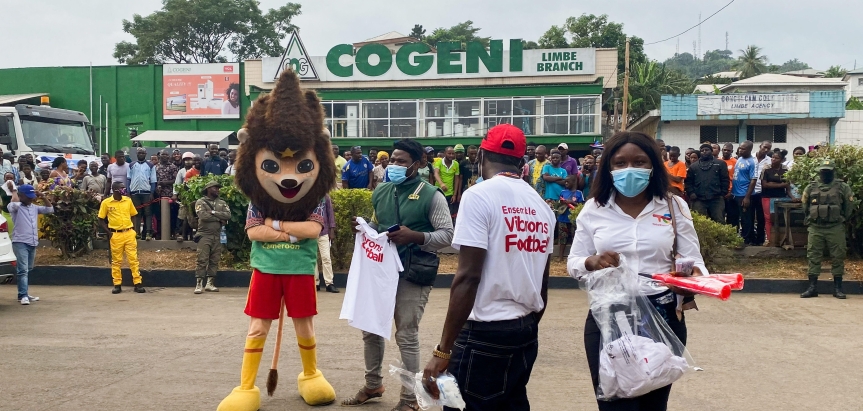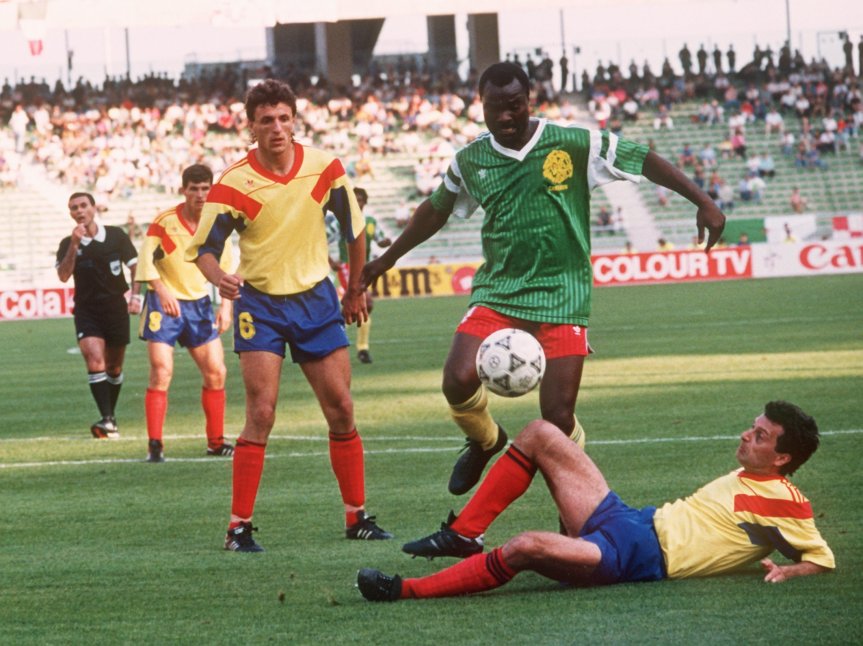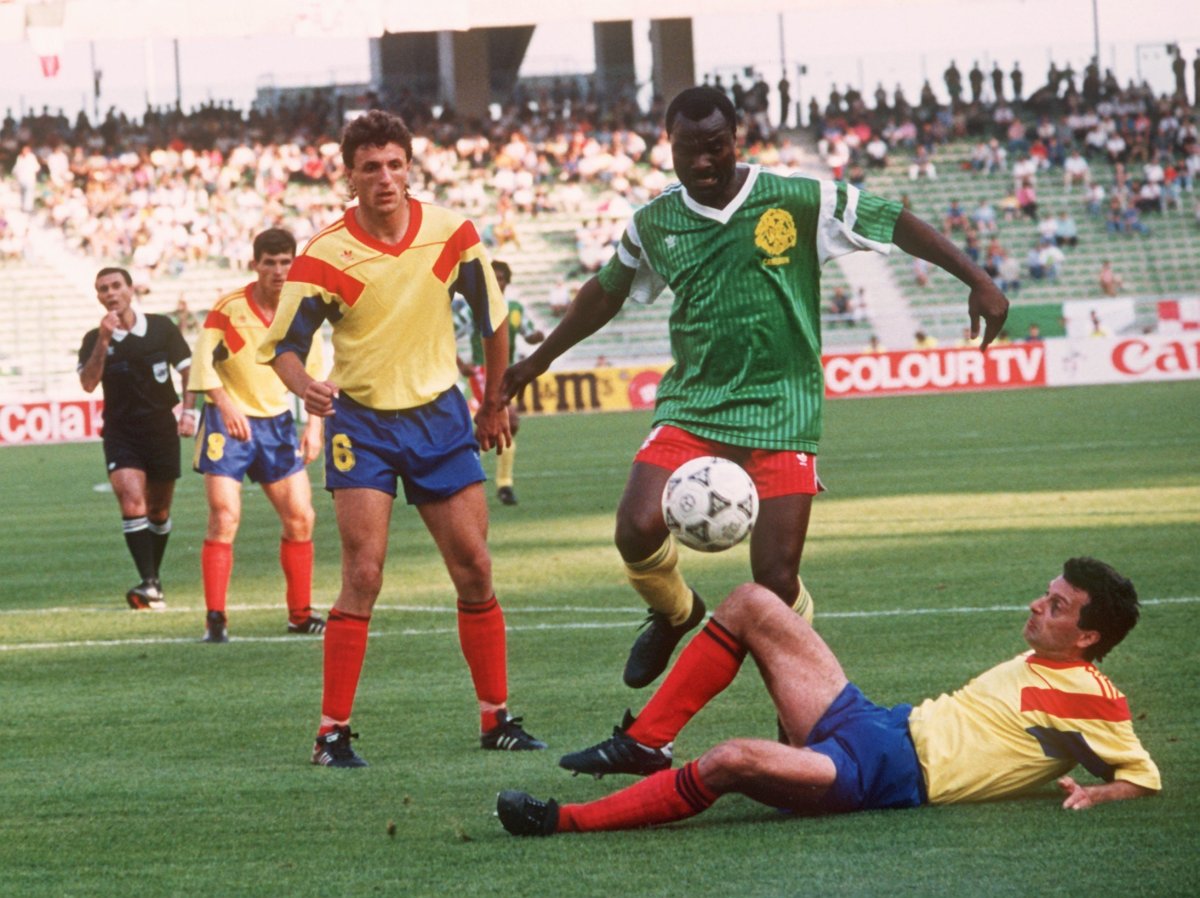CONSIDERING the continent of Africa comprises more than 50 countries and is home to 1.3 billion people, the attitude shown by some football folk towards the Africa Cup of Nations (AFCON) has been less than appropriate. The impression one gains from some of the comments is this competition is very “inconvenient” for some clubs and their managers.
It is simply wrong to dismiss a tournament that ranks alongside the Euros and Copa America in terms of regional importance. Pundits have hit back, claiming the negative media coverage has been “disrespectful” and “tinged with racism”. If confederations keep expanding and loading-up the fixture list, the noise around too many games and bad timing will surely continue well beyond 2022. However, if a club from England signs African players, this is a consequence they have to live with. There is a price to pay for globalisation.
This year’s AFCON, delayed from 2021, could be one of the best yet. There are more than half a dozen contenders and there’s scope for a surprise challenger or two. Some of the world’s best players are from African countries, for example, the Liverpool duo, Mo Salah (Egypt) and Sadio Mané (Senegal) are now two of the most coveted strikers in Europe.
Algeria are the holders and a lot of smart money will be placed on them retaining the title, but do they rely too much on Riyad Mahrez of Manchester City? They also have in their ranks one of the most promising players in Saïd Bennacer of AC Milan, a defensive midfielder who is tenacious, energetic and versatile. He was voted player of AFCON 2019.
Senegal are highly fancied, and rightly so given 23 members of their squad play across the top five leagues in Europe, including 10 in Ligue 1 and six in the Premier League. They have never won the Africa Cup of Nations, but they surely have the resources to do it this time. As well as Mané, they have Chelsea keeper Édouard Mendy, possibly the world’s number one, and Napoli’s Kalidou Koulibaly in their squad.
Morocco have, rather surprisingly, only been champions once, in 1976. Their skipper, 31 year-old Romain Saïss, who plays for Wolverhampton Wanderers, will be one to watch. Morocco, in 2020, won the African Nations Championship, which features players from domestic football. Only two of the AFCON squad currently play for Moroccan clubs.
Any team with Mo Salah as captain and principal striker has to be taken seriously, and Egypt, winners seven times, will have a big advantage with the Liverpool front man in their side. Egypt are the dominant force in African club football, with Cairo-based Al-Ahly winning the CAF Champions League in four times in the last 10 years, including 2020 and 2021.
Nigeria also have a possible star in the making at the tournament in the form of Chidera Ejuke, a very fleet-footed winger who plays for CSKA Moscow. Nigeria also have Leicester City’s Kelechi Iheanacho and will look to him for goals.
As for Cameroon, they are far off their golden days, but the local fans still have high expectations of Toni Conceicao’s team. “We feel people are more demanding because of our history and what we’ve accomplished in the past. I hope to win because if we don’t reach the objective of at least reaching the final, it’s going to be a difficult journey,” said the coach.
There have long been concerns about Cameroon as hosts, most recently because only 2.4% of the population have been fully vaccinated against covid-19. Cameroon has officially recorded 1,840 deaths from 110,000 infections, though there is some doubt these figures are accurate for a nation with 27 million people. Already some teams have been affected by outbreaks of the virus so precautions have been implemented, with most games limited to 60% of capacity and Cameroon’s games limited to 80%.
There are also security worries as in the south-west region, where unrest is rife and separatist gunmen are a constant threat. Only last week, a bomb exploded in a Limbe takeaway food outlet. The troubled area is some 250 kilometres west of the capital, Yaounde. Over the past year, around 3,000 people have been killed by militants. There have been threats of possible violence at AFCON and even the official mascot had to wear a bullet-proof vest when embarking on a recent publicity tour. The government insists that safety will be guaranteed.
President Paul Biye, who won a seventh term in office in 2018, often uses football to enhance his image. He currently runs a country that has a 40% poverty rate with a third of the population living on two euros a day. There have been protests about the “indecency” of staging the AFCON against this backdrop. Cameroon has built or renovated around 30 stadiums and training pitches in preparation. In his New Year speech, Biya called on Cameroonians to “make AFCON the most beautiful football jamboree ever organised in our continent”.
Cameroon kick-off AFCON 2021 on January 9 against Burkina Faso.



